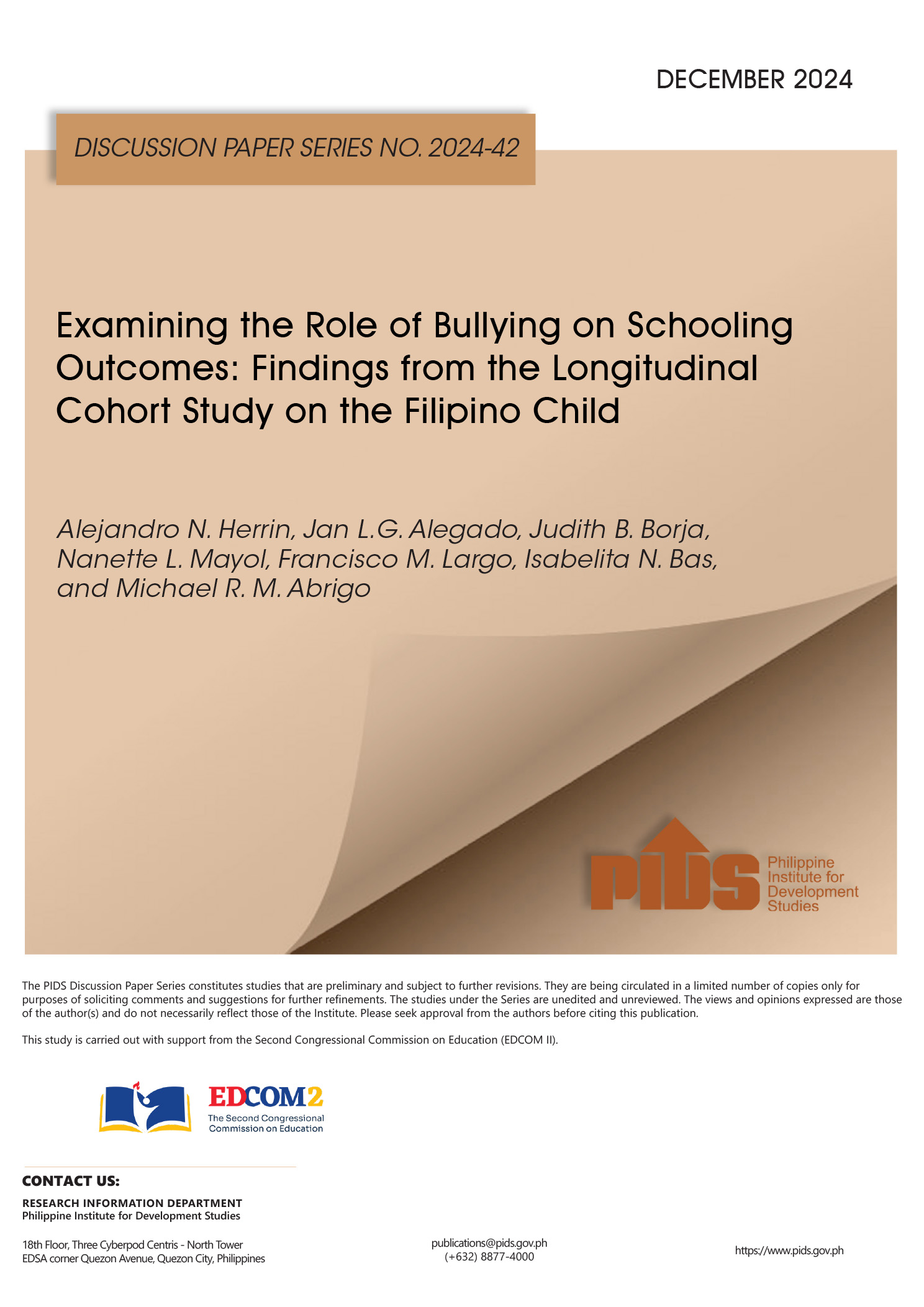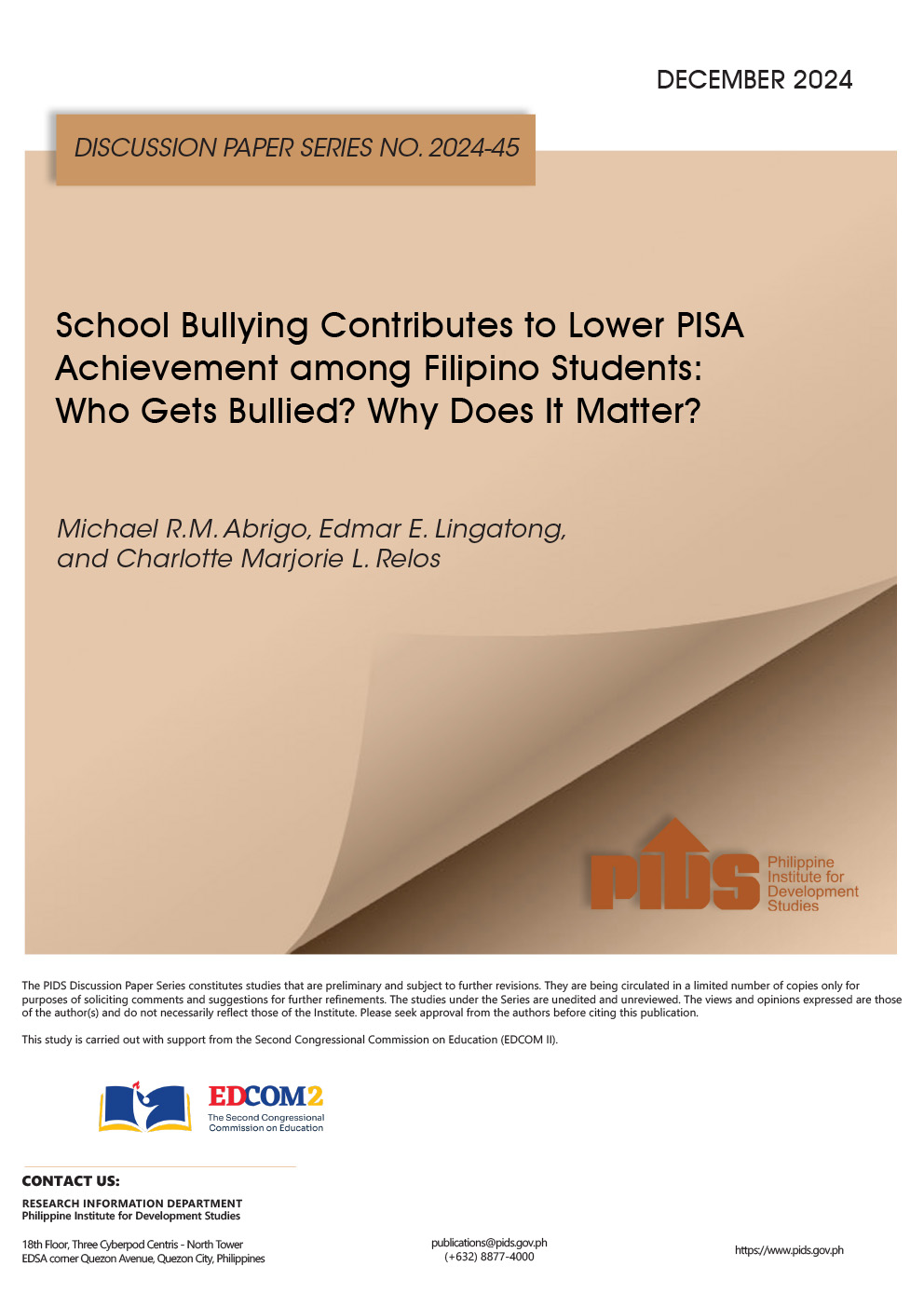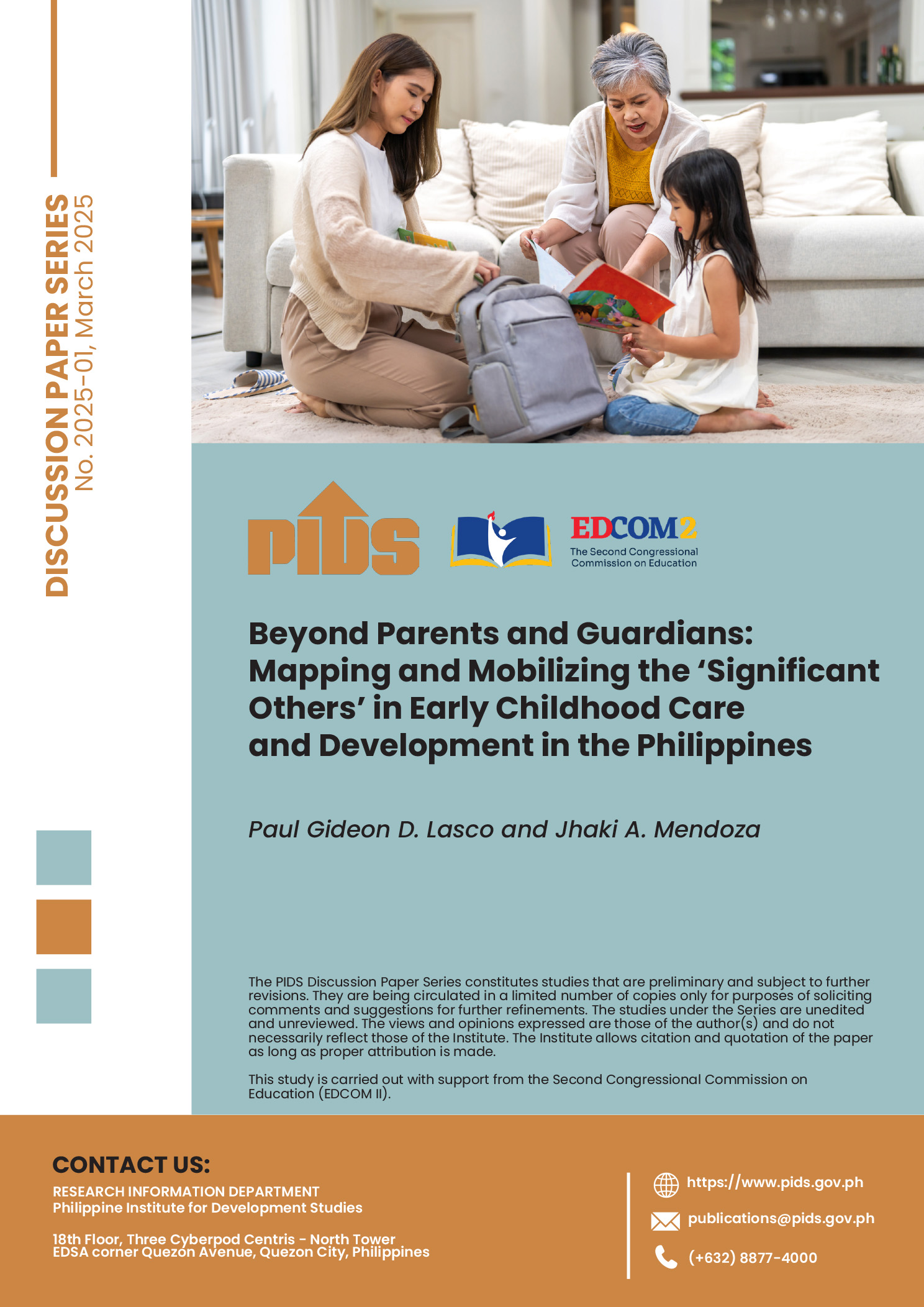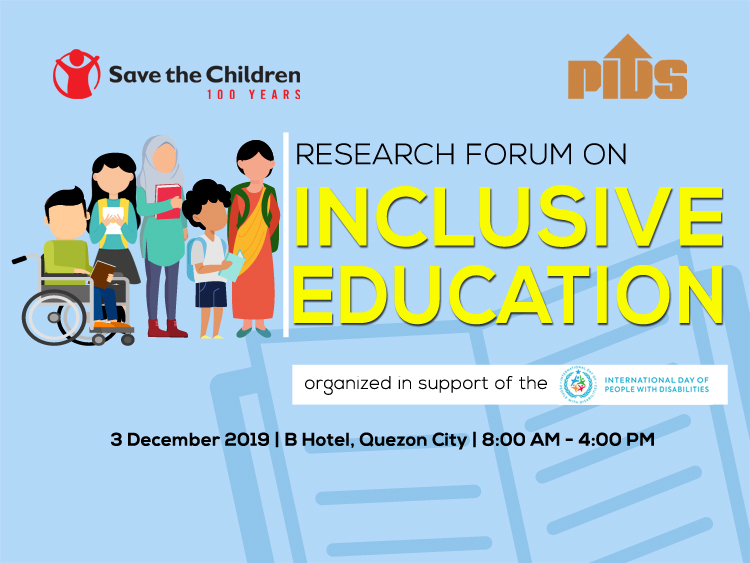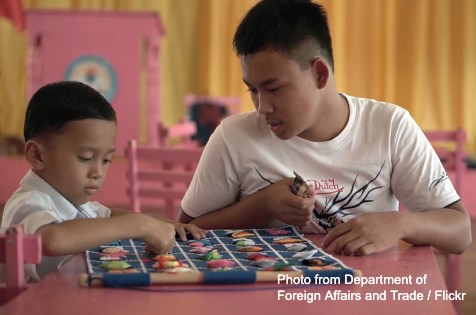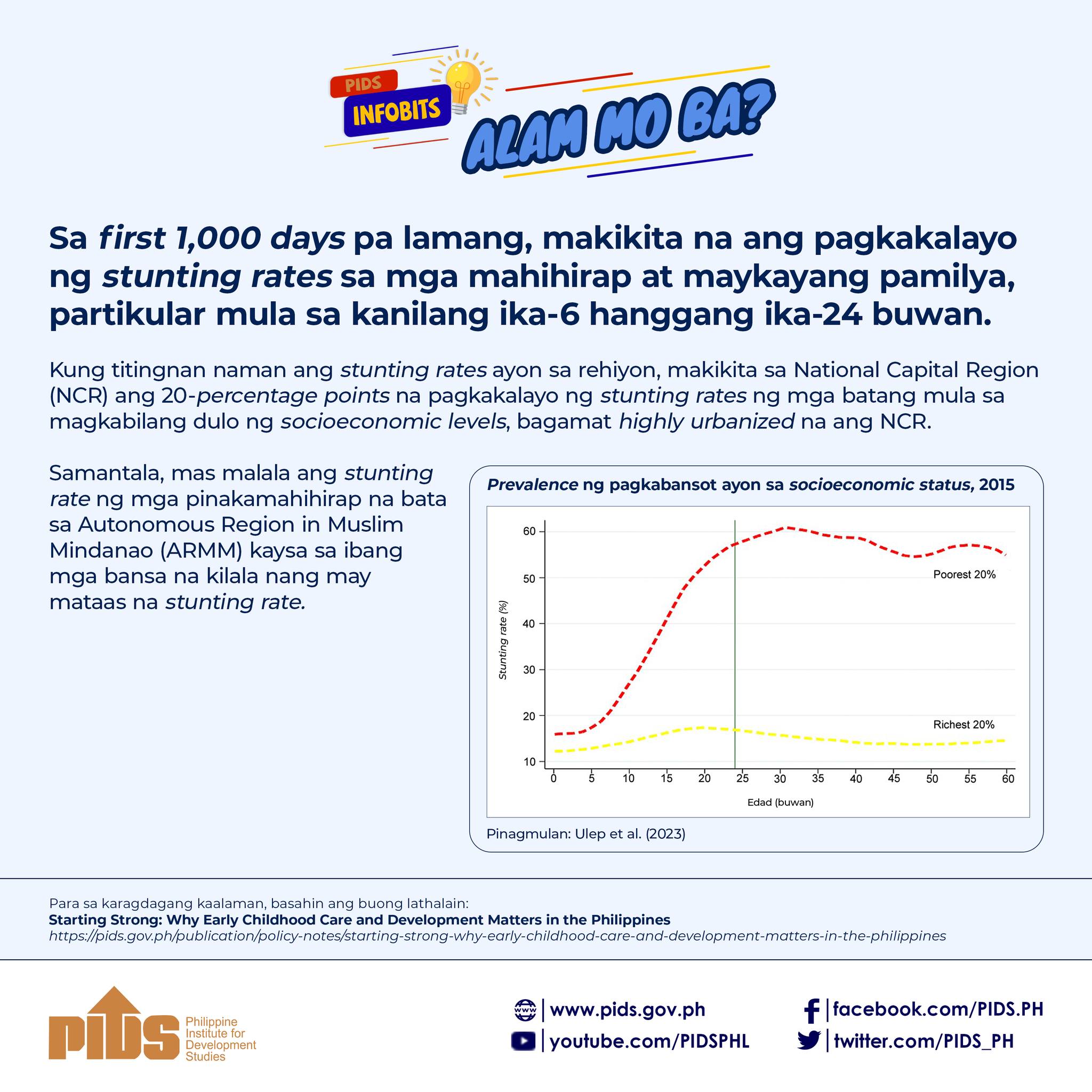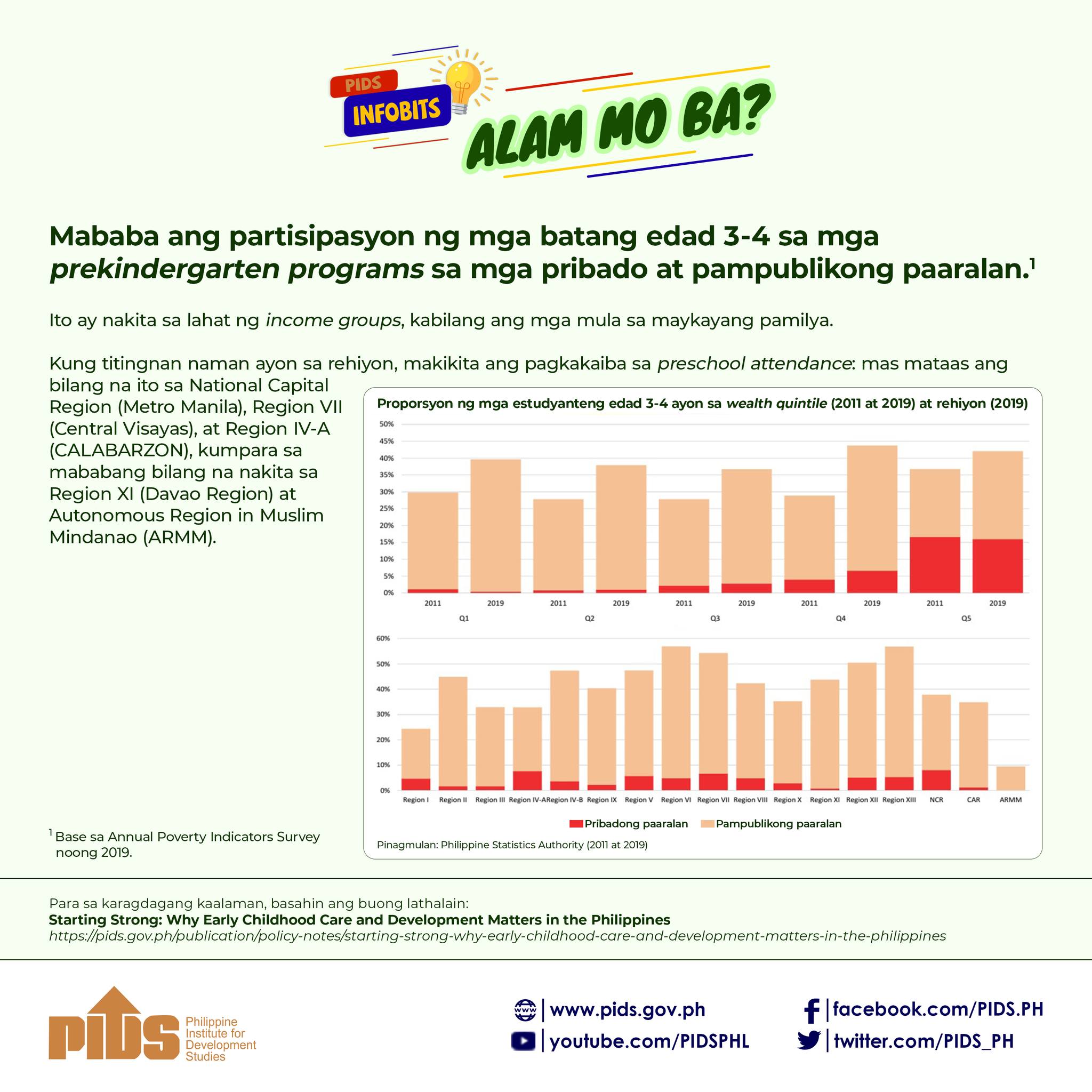The 2018 PISA results revealed that the Philippines ranked close to the bottom in reading, mathematics, and science but ranked at the top in terms of bullying in school. Analyses of PISA 2018 data found that bullying has a negative effect on school performance. This study uses longitudinal data from the Longitudinal Cohort Study on the Filipino Child (LCSFC) to supplement existing PISA-based analyses on the role of bullying on schooling outcomes. For this study we examine schooling outcomes in terms class days missed, average school grade, and on track with schooling. Bullying variables include physical bullying by friends/classmates, adults, and parents, and emotional bullying by friends/classmates and by parents. Some forms of bullying do have significant association with schooling outcomes. Of particular interest specific to the type of data the LCSFC has collected, is the role of bullying outside of the school, namely by adults and parents. Of further interest is the possibility that emotional bullying from friends/classmates may build resiliency and motivation contributing to positive schooling outcomes, a finding requiring further exploration. Finally, while the focus was on bullying, the role of background factors (child, family, belongingness, and community) figured prominently as critical factors in schooling outcomes supporting stronger implementation of a broader set of policies. Many policies have already been enacted. Strategies for policy implementation are suggested. Areas for further research are noted.
Comments on this paper are welcome within 60 days from the date of posting. Email publications@pids.gov.ph.

